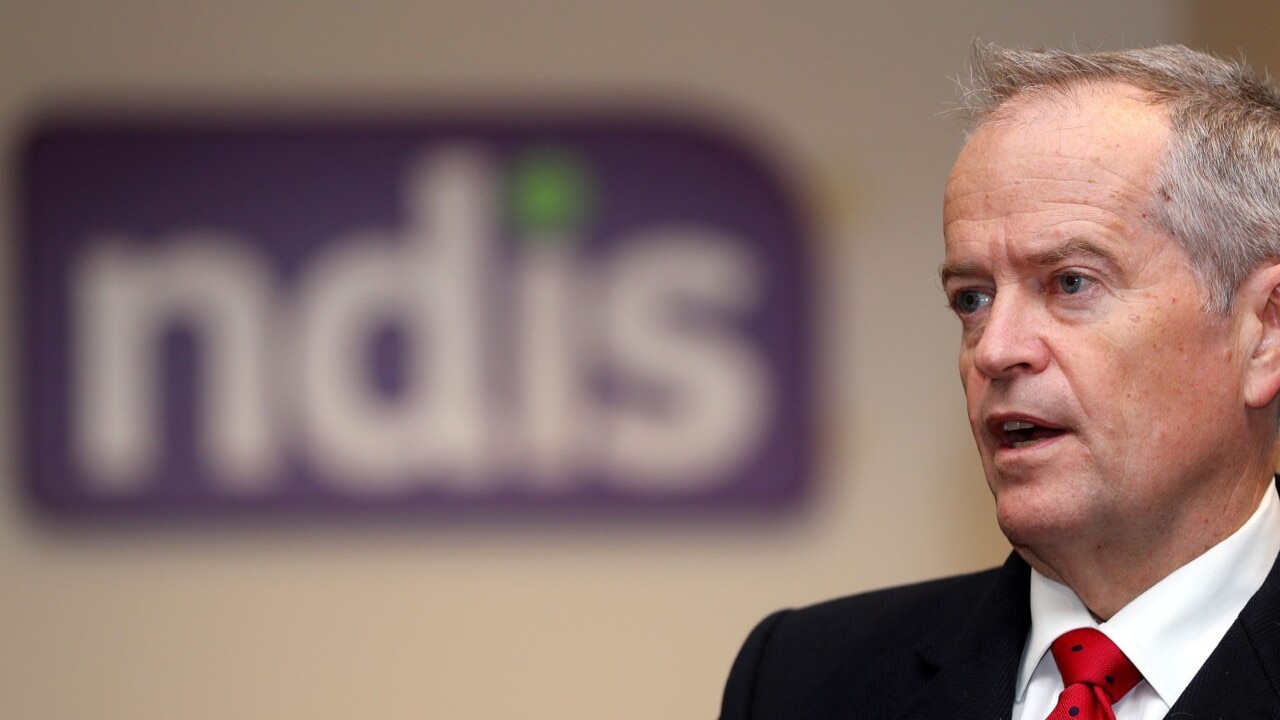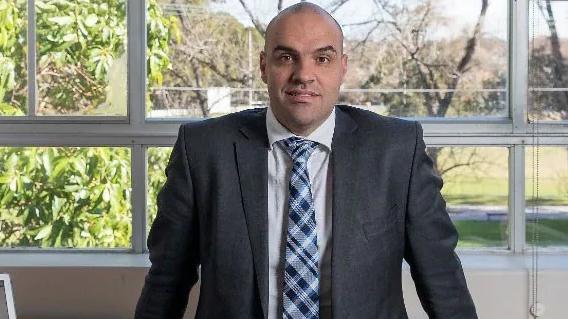Think your baby may have signs of autism or ADHD? You might want to read this
Parents beware. Standard cognitive tests can’t pick up ADHD and autism in infancy, a new study finds, despite a proliferation of early diagnosis and support programs.

Parents looking for signs of autism or ADHD in their baby take note.
These neurodevelopmental conditions can’t be picked up in infancy by standard cognitive tests, and become evident only in toddlerhood, a new study finds.
It concludes that using attention and executive function markers (such as memory and response to stimulus) in the first year of a child’s life to detect neurodevelopmental problems as such as autism or ADHD is not warranted.

The paper examined 111 international studies of 0 to 5-year-old children who have, or are at risk of having, conditions such as autism and attention deficit hyperactivity disorder.
It comes amid a proliferation of early diagnosis and support programs being offered to parents both internationally and in Australia to identify neurodevelopmental conditions in infancy.
The study found a child’s attention and executive function delays did not begin to emerge until they became toddlers, and then increased during the preschool period.
“A pivotal finding of this review is that overall there was no evidence that attention and executive function delays could be identified in the first year of life,” the study states.
“Although the prefrontal cortex (PFC) develops extensively in infancy, the broader executive function network that centres around the PFC remains largely premature and characterised by minimal development during the first year of life.

“While such brain maturation processes may be important to the emergence of neurodevelopmental conditions, pre-emptive intervention approaches in the first year of life may not be able to use attention or executive function markers to warrant targeted intervention.
“There is currently no evidence of an effective transdiagnostic approach to improve attention or executive function delays early in life,” the report concludes.
University of Sydney professor Adam Guastella, a clinical psychologist and lead author of the report Attention and executive delays in early childhood: a meta-analysis of neurodevelopmental conditions– published in Molecular Psychiatry in November – said the findings offered worried parents important information.
“The brain is developing rapidly and in a diverse way in the first year of a child’s life,” Professor Guastella said.
“Our data shows that given the spread of development in that first year of life, it’s actually very hard to detect what is an actual delay that is of concern.
“There are researchers across the world trying to develop better markers, we are just not there yet,” he said.
So what should parents do?
Professor Guastella said if parents have any concerns they should seek advice from a GP, pediatrician or allied health practitioner.
“While early intervention is very important, for many common neurodevelopmental conditions reliability of diagnosis begins in toddlerhood and so getting a clear answer until then is going to be difficult,” he said.

“How much pre-emptive intervention will change the diagnostic outcomes of a child is a current research question and debated.
“Many older children with established diagnoses of autism can’t get services currently, so the investment strategy about how best to support child development for the national and state government is very important.”
But Professor Guastella said parents do have some strategies they can deploy “like learning how to engage children in imaginative and reciprocal play, and in reading-based activities”.
“We all know these sorts of activities benefit children’s development in a whole range of ways, and they are the types of strategies that these programs support,” he said.
The Albanese government, through the National Disability Insurance Scheme, has invested almost $14m in a pilot program to support parents of six- to 18-month-old children who are exhibiting early differences in the way they interact and connect.
“Early intervention is crucial and it is hoped that programs like this will deliver the evidence needed to show the benefits of pre-emptive interventions,” Professor Guastella said.
“Parents should engage with helpful strategies found in these programs to support development.
“The key for our study is that it can be complicated knowing which children, with what red flags, will go on to develop an autism diagnosis,” he said.





To join the conversation, please log in. Don't have an account? Register
Join the conversation, you are commenting as Logout